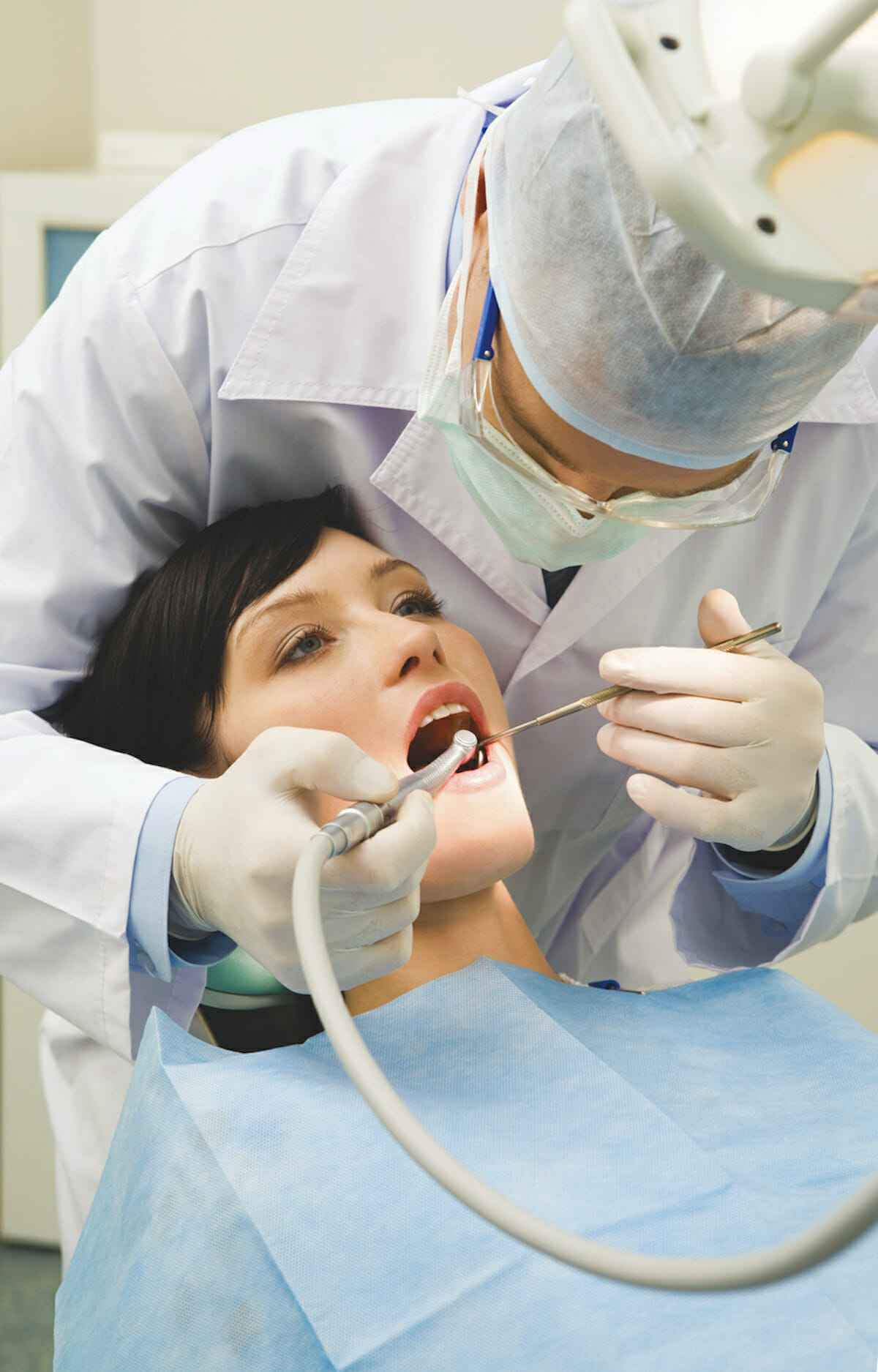Brushing and flossing your teeth may seem like a mundane task, but did you know there’s actually a link between your oral health and mental health?
“Mental health impacts your overall health, including your oral health or the health of your teeth and your gums. Dentists are sometimes the first professional to identify and diagnose a mental health issue and they make a lot of referrals to counselors and therapists,” explained Susan Albers, PsyD, psychologist for Cleveland Clinic.
Dr. Albers said the health of a person’s teeth can give clues about their stress level, anxiety, mood, and the presence of chronic eating problems.
For example, if you struggle with stress of anxiety, you may have worn enamel from grinding your teeth at night or clenching your jaw.
She said people who have eating disorders often have high levels of tooth decay, worn enamel, and difficulties with their gums due to malnutrition or overeating highly processed foods.
And, those who are depressed may not have the motivation or energy to take care of their teeth.
Dr. Albers said they also have an increased perception of pain and avoid going to the dentist.
“If you are struggling with your oral hygiene, check in with yourself and ask is there a mental health issue that may be standing in the way and if so, this may be important to acknowledge and bring up with your therapist and the two of you together, and with your dentist, can make sure that it does not stand in the way of either your mood or your oral health,” she said.
Dr. Albers said it can also help to eat more nutritious foods, which will not only benefit your oral health but your mental health as well.
Source: Cleveland Clinic News Service, May 23, 2022











